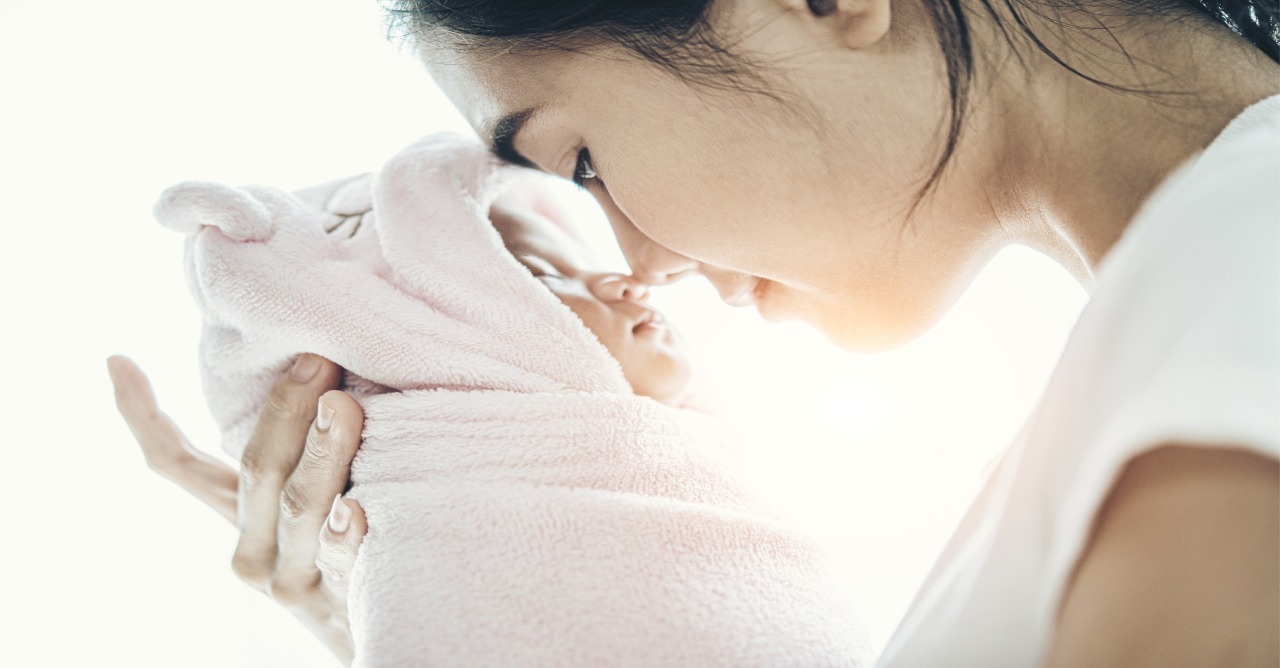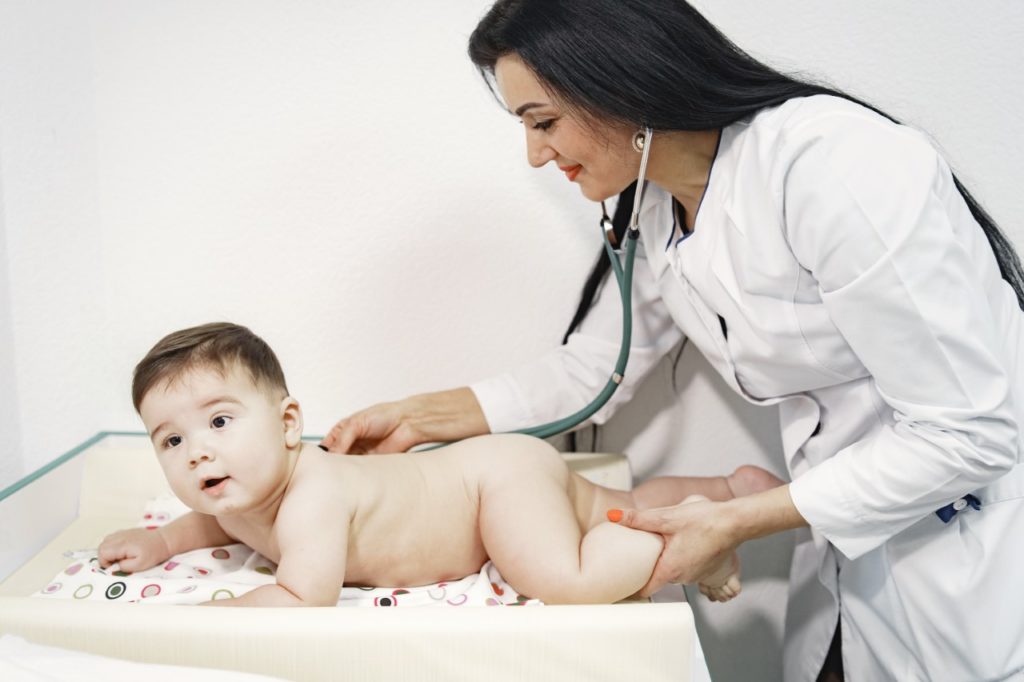
When should I seek medical help for my newborn?

Author: Dr. Sunil Puraswani MBBS, MD (Paediatrics), Fellowship in Neonatology
Consultant - Paediatrician and Neonatologist at Motherhood Hospitals, Indore

Parenthood is an exciting phase but along with it comes several challenges as well. Providing neonatal care is not an easy task since newborns don’t come with any instruction manual. With so many self-proclaimed newborn caring experts present around, you may often find yourself in a situation where you may not what’s the best. And times like being clueless about the right action for your baby’s health is something you want to avoid.
It’s fine if you are worried after seeing certain symptoms in your newborn which may be harmless. On the other hand, it’s also risky to avoid these symptoms and not look for the best neonatal services in Bangalore since it may lead to serious health conditions. Your thumb role should be “When in doubt, consult your doctor”. Also, avoid going to hospitals for every small matter since it may put an effect on your savings while also exposing your newborn to various infections with frequent health care visits.

Symptoms and signs of sickness in your newborn
Practically it is not possible to call your doctor every single moment during the small issues but the following symptoms and signs are something which you shouldn’t avoid:
1. Your baby is avoiding required feed
The first sign of a sick baby is avoiding the required dose of feed. Since babies have small stomachs, they need to be fed at small and frequent intervals along with having very little energy reserves. If your newborn is not showing interest in feeding then you need to get in touch with your doctor.
2. Your baby’s skin is too warm or cold
A small baby’s body is capable of catching a cold or fever very quickly. In case your baby’s skin is too cold or too warm then start with checking their temperature. A temperature of 100.4 F or higher is the sign of fever while 97.7 F or lower is too low for your baby. Contact the child doctor or best fetal medicine specialist for further advice.
3. Your baby is dehydrated
If you want to check whether your baby is dehydrated then you can look for lack of tears when the baby cries, reduced number of wet diapers (normal frequency is 6-8 diapers a day), sunken soft spot on the baby’s head, dry mouth and sunken eyes. Dehydration can be a dangerous situation for your baby and should be addressed immediately with the best neonatal intensive care unit.
4. Disturbed bowel movements
Take note of the number of wet and messy diapers your child makes, too few or too many is the sign of disturbed bowel movements. In case of signs like hard or scanty stools, loose or watery stools or a baby struggling during bowel movements, get in touch with your child’s paediatrician.
5. Change in behaviour
In case you see your baby being too lethargic, floppy, sleepy or crying inconsolably, it is a sign for you to get in touch with your child’s doctor.
6. Rashes on the skin
Contact your child specialist if you see your child’s skin developing rashes, mottled or pale on the body with a temperature that’s higher or lower than normal. Apart from this, your baby’s doctor needs to be contacted in case of developing jaundice that doesn’t go away or spreads throughout the body parts.
7. Difficulty in breathing
Rapid breathing, grunting, stuffy nose, flaring nostrils, coughing, retraction of the ribs or bluish skin colour are the signs to contact your paediatrician immediately.
8. Eye or ear discharge
Sticky discharge from one or both eyes or ear drainage needs immediate attention from your paediatrician.
9. Appearance of blood
Blood appearing in the baby’s spit-up, poop, nose discharge or navel should be immediately addressed by the doctor. Apart from this, pain or bleeding from the penis is also a concerning situation.
At Motherhood Hospitals, we deliver exceptional healthcare services to women and children with highest standard of care and competence.
Book your Appointment with Dr. Sunil Puraswami for all the paediatrics related issues.
Related Blogs

NT Scan During Pregnancy: A Crucial Early Screening Test for Your Baby's Health
Read More
Boosting Fertility: A Guide to Conception Calculators and Ovulation Tracking
Read More
Understanding Different Types of Vaginal Birth Delivery
Read More
How to Treat and Prevent Brown Discharge
Read More
Endometriosis Understanding, Diagnosing, and Managing the Condition
Read More
Emotional Support During IVF Treatment
Read More
Understanding Gestational Diabetes: Insights from Dr Shruthi Kalagara
Read More
Urinary Tract Infection (UTI) in Pregnancy
Read More
Early Pregnancy Care for New Pregnant Women: Expert Advice | Motherhood Hospitals
Read More
Body Positivity Tips Post C Section (Cesarean Delivery)
Read MoreRequest A Call Back
Leave a Comment:
View Comments
Previous
Next
HELLO,
Stay update don our latest packages, offer, news, new launches, and more. Enter your email to subscribe to our news letter


 Toll Free Number
Toll Free Number








No comment yet, add your voice below!